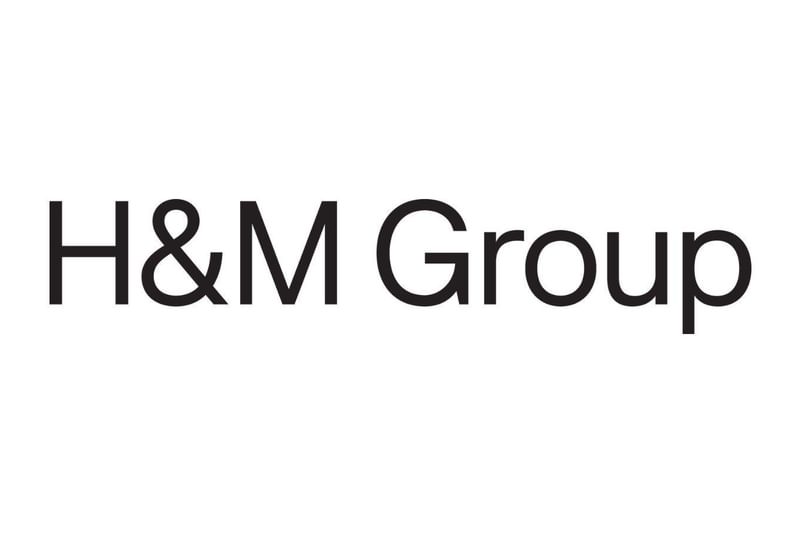
Case Study - PepsiCo
Leading food and beverage company, PepsiCo generated more than $70bn net revenue in 2020 while ramping up sustainability efforts - proving that financial gain and sustainability go hand-in-hand.
To find out more, the Science Based Targets initiative (SBTi) sat down for a chat with PepsiCo's Senior Director of Sustainability, Noora Singh.
What is PepsiCo’s science-based target and why did you set it?
At PepsiCo, we believe science-based targets provide an opportunity to align business performance with planetary boundaries, proving it is possible to be both sustainable and an industry leader. We have committed to reducing absolute scope 1 and 2 greenhouse gas emissions by 75% and scope 3 GHG emissions by 40% by 2030, using a 2015 base year.
We were one of the first companies to engage in science-based targets in 2016. Then, following IPCC’s 2018 report and the launch of the Business Ambition for 1.5°C campaign in 2019, we decided to adopt a more aggressive approach to help limit warming to 1.5°C. We began a process to re-evaluate our targets, including peer benchmarking, modelling and forecasting. The result was a comprehensive abatement strategy that spans our entire business.
Our 1.5°C SBTi target was approved in 2020, and was officially announced in 2021.
To take further concrete actions towards our vision of net-zero emissions by 2040, we recently participated in SBTi's Net-Zero Road Test.
What are the key components of your decarbonization strategy?
Our climate transition strategy focuses on two main actions: mitigation and resilience. It is imperative that we not only work to reduce greenhouse gas emissions throughout our supply chain. We must also lessen our exposure to threats by including climate risk in our business continuity plans.
Our mitigation strategy spans our global business, addressing the areas that provide the biggest opportunities to reduce our emissions and decarbonize our value chain.
With more than 90% of our current emissions attributed to scope 3 - our indirect value chain, we are also working hard to engage our suppliers to reduce emissions in their own operations.
What three short-term climate actions are you progressing?
Comprehensive decarbonization requires a roadmap that prioritizes short-term actions across the whole value chain, especially in our most emissions-intensive areas: agriculture, packaging, and transport and distribution.
In agriculture, we are supporting the spread of regenerative practices across 7 million acres by 2030. There are certain commodities, such as potatoes, that we buy directly from farmers. We actively encourage these farmers to implement practices that lead to emission reductions.
Secondly, we are working to address our packaging emissions through innovation, including implementing circular economy-based solutions, alternative materials and innovative business models.
Transport and logistics are a major source of our emissions. To better measure and reduce these emissions, we are conducting an internal carbon price pilot.
Finally, we are working towards 100% renewable energy supply across our operations. This objective involves wind and solar installations at our facilities and procurement of renewable electricity through power purchase agreements.
What is your biggest challenge to decarbonization and how are you addressing it?
Measuring and addressing our scope 1 and 2 emissions is relatively straightforward. However, our scope 3 emissions are more difficult because they occur upstream, giving us less control. The vast majority of our emissions fall into this category, so understanding how to address them more effectively is a priority. We are utilizing all of the resources available to us, including accounting standards and other comparable guidance.
Can you provide more detail on how you engage your supply chain on climate action, and support them to set science-based targets?
We work closely with suppliers and hold them to the same environmental standards as ourselves. Everyone who does business with us or on our behalf must follow our Supplier Code of Conduct and adhere to all other relevant PepsiCo policies. These include those relating to environmental, health and safety; sustainable agriculture; and sustainable packaging. We also lead sustainability-focused programs.
In addition, we have partnered with Mars, McCormick and Guidehouse to form the Supplier Leadership on Climate Transition collaborative. The goal is to equip suppliers with the knowledge, resources and support they need to decarbonize. So far, we have well over 200 suppliers participating.
Companies have the power to make a huge impact in the fight against climate breakdown. By setting science-based targets, climate ambition and corporate ambition can work side-by-side to help maintain a habitable planet for humankind. Watch the highlights of the interview with Noora Singh, PepsiCo’s Director of Sustainability, here.
PepsiCo is one of more than 850 companies that have made a commitment to align with 1.5°C and net-zero through the SBTi’s Business Ambition for 1.5C campaign. We urge all ambitious companies to become climate leaders by joining this campaign.
Latest News
View News


